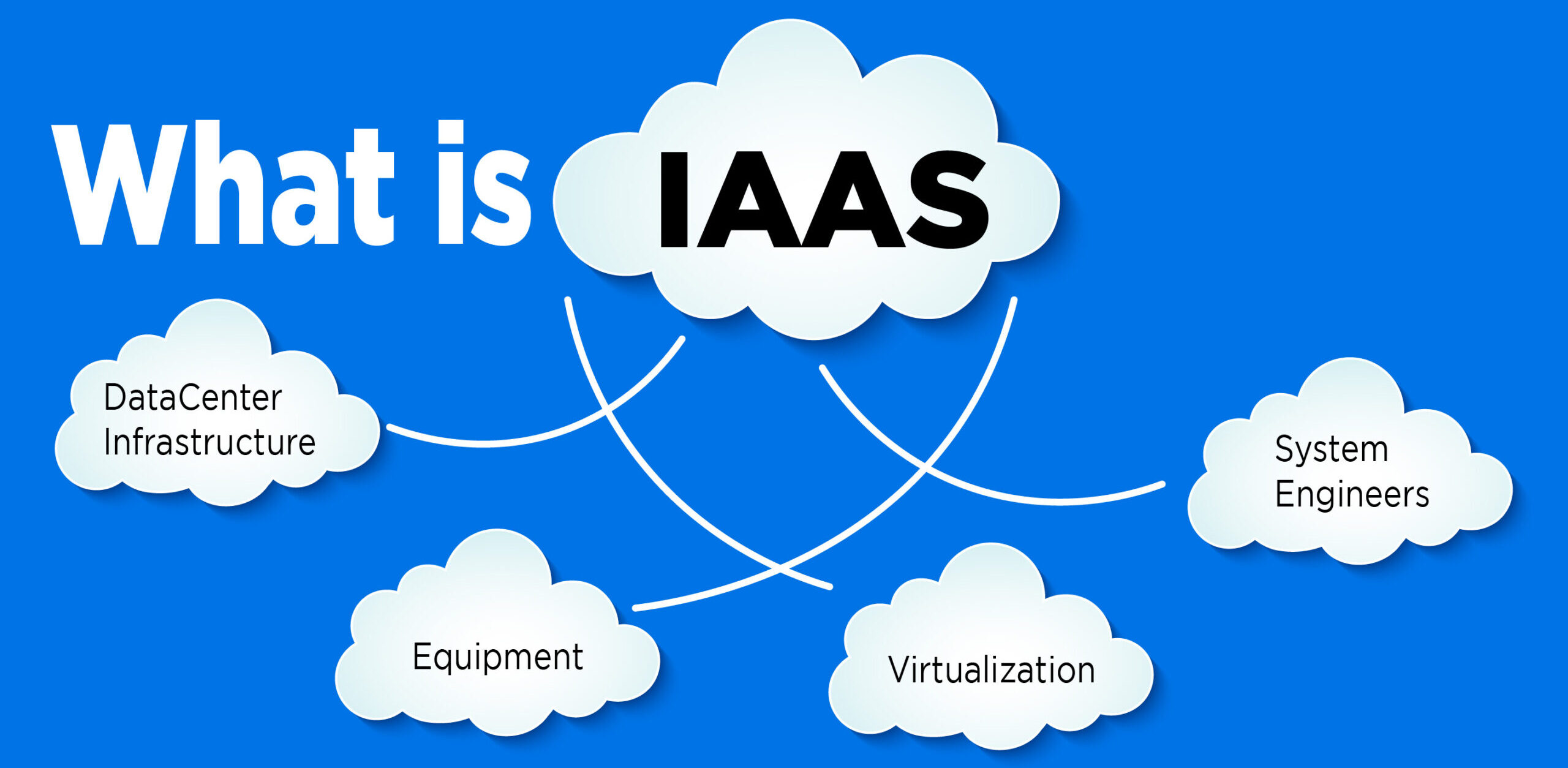
Infrastructure as a Service (IaaS) is a cloud computing model that provides virtualized computing resources over the internet. IaaS allows businesses to rent servers, storage, and networking hardware, reducing the need for physical infrastructure. This model offers flexibility, scalability, and cost savings, making it a popular choice for startups and large enterprises alike. With IaaS, companies can quickly scale up or down based on demand, ensuring they only pay for what they use. It also supports disaster recovery and business continuity by providing reliable backup solutions. Understanding IaaS can help businesses optimize their IT operations and stay competitive in today's fast-paced digital environment.
What is IaaS?
Infrastructure as a Service (IaaS) is a form of cloud computing that provides virtualized computing resources over the internet. It offers essential computing, storage, and networking resources on demand, often on a pay-as-you-go basis. Here are some fascinating facts about IaaS.
-
IaaS is one of the three main categories of cloud computing services, alongside PaaS (Platform as a Service) and SaaS (Software as a Service).
-
Amazon Web Services (AWS) is the largest IaaS provider, followed by Microsoft Azure and Google Cloud Platform.
-
IaaS allows businesses to avoid the cost and complexity of buying and managing physical servers.
-
Users can scale resources up or down based on demand, making IaaS highly flexible.
-
IaaS providers offer a range of services, including virtual machines, storage, and networking.
Benefits of IaaS
IaaS offers numerous advantages that make it a popular choice for businesses of all sizes. Here are some key benefits.
-
Cost savings: Businesses only pay for the resources they use, reducing capital expenditure.
-
Scalability: IaaS can easily handle varying workloads by scaling resources up or down.
-
Disaster recovery: IaaS providers often offer robust disaster recovery solutions.
-
Global reach: IaaS providers have data centers worldwide, allowing businesses to deploy applications globally.
-
Security: Leading IaaS providers invest heavily in security measures to protect data.
Key Features of IaaS
IaaS comes with a variety of features that make it a powerful tool for businesses. Here are some of the most important ones.
-
Virtual machines: Users can create and manage virtual machines with different operating systems.
-
Storage: IaaS provides scalable storage solutions, including block storage and object storage.
-
Networking: IaaS includes networking services such as load balancers and virtual private networks (VPNs).
-
APIs: IaaS providers offer APIs for automating and managing resources.
-
Monitoring: Users can monitor the performance and usage of their resources in real-time.
Popular Use Cases for IaaS
IaaS is versatile and can be used for a wide range of applications. Here are some common use cases.
-
Web hosting: IaaS is ideal for hosting websites and web applications.
-
Big data analysis: IaaS can handle large-scale data processing and analytics.
-
Development and testing: Developers can quickly set up and tear down test environments.
-
Backup and recovery: IaaS provides reliable backup and recovery solutions.
-
High-performance computing: IaaS can support resource-intensive applications like scientific simulations.
Challenges of IaaS
Despite its many benefits, IaaS also comes with some challenges. Here are a few to consider.
-
Complexity: Managing IaaS resources can be complex and may require specialized skills.
-
Security: While IaaS providers offer robust security, users are still responsible for securing their applications.
-
Cost management: Without proper monitoring, costs can quickly spiral out of control.
-
Vendor lock-in: Switching IaaS providers can be difficult due to compatibility issues.
-
Performance: Network latency and other performance issues can affect application performance.
Future of IaaS
The future of IaaS looks promising, with several trends shaping its evolution. Here are some predictions.
-
Increased adoption: More businesses are expected to adopt IaaS as they move to the cloud.
-
AI and machine learning: IaaS providers will offer more services tailored to AI and machine learning.
-
Edge computing: IaaS will play a key role in the growth of edge computing.
-
Hybrid cloud: Businesses will increasingly use IaaS in combination with on-premises infrastructure.
-
Serverless computing: IaaS providers will offer more serverless computing options.
Major IaaS Providers
Several companies dominate the IaaS market. Here are some of the major players.
-
Amazon Web Services (AWS): The largest and most popular IaaS provider.
-
Microsoft Azure: A close competitor to AWS with a strong enterprise focus.
-
Google Cloud Platform: Known for its data analytics and machine learning capabilities.
-
IBM Cloud: Offers a range of IaaS services with a focus on hybrid cloud.
-
Oracle Cloud Infrastructure: Provides IaaS solutions with a focus on enterprise applications.
The Final Word on IaaS
IaaS, or Infrastructure as a Service, has transformed how businesses handle their IT needs. By offering scalable, on-demand resources, IaaS allows companies to save on costs and focus on growth. With virtual machines, storage, and networking provided by third-party vendors, businesses can avoid the hassle of maintaining physical hardware.
Security remains a top priority, with providers offering robust measures to protect data. Plus, the flexibility of IaaS means companies can quickly adapt to changing demands without significant investments in new infrastructure.
From startups to large enterprises, IaaS offers a practical solution for managing IT infrastructure. It’s clear that embracing IaaS can lead to increased efficiency, cost savings, and agility. As technology continues to evolve, IaaS will likely play an even more significant role in shaping the future of business operations.
Was this page helpful?
Our commitment to delivering trustworthy and engaging content is at the heart of what we do. Each fact on our site is contributed by real users like you, bringing a wealth of diverse insights and information. To ensure the highest standards of accuracy and reliability, our dedicated editors meticulously review each submission. This process guarantees that the facts we share are not only fascinating but also credible. Trust in our commitment to quality and authenticity as you explore and learn with us.


